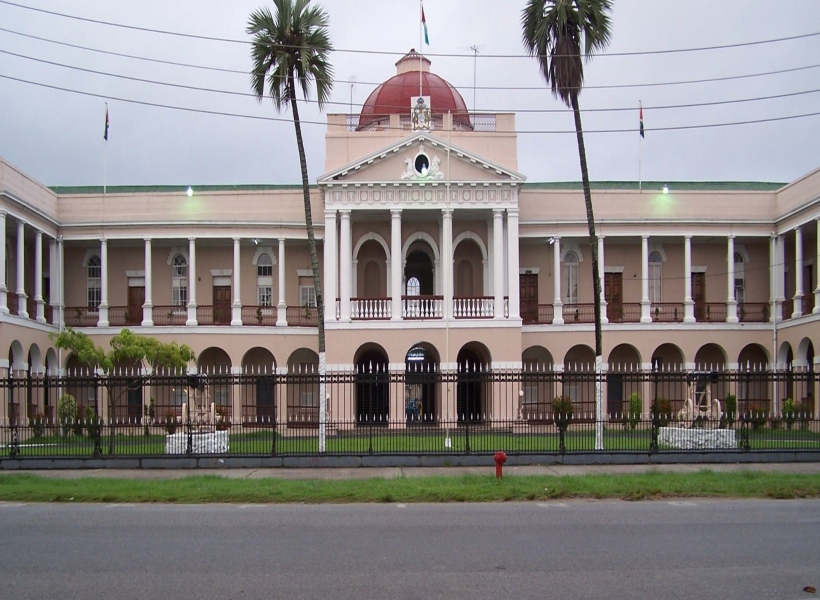Leader of the Alliance for Change (AFC), Nigel Hughes has proposed revising the current two-month time limit for delivering decisions on criminal cases. Hughes articulated his concerns about the feasibility and practicality of the existing time frame, given the complexity and volume of cases that judges face.
While he gave no specifics on his preferred timeline, Hughes referenced a recent decision by the Caribbean Court of Justice (CCJ), which stated that the three-month time period for delivering judgments is not mandatory. He emphasized the need for the public to understand the challenges judges encounter, particularly when dealing with multiple complex cases simultaneously.
“If you get three complex commercial law cases with senior counselors on either side, dealing with very detailed issues of law and literally arguing every single issue, there’s no way you’re going to be able to deliver a decision in two months,” Hughes explained. He pointed out that judges, despite having research assistants, require significant time to research and understand new legal areas that may arise during these cases.
Hughes highlighted the unrealistic expectations placed on judges, especially when handling a high volume of cases. “If you have three cases, it is difficult. If you have 30, even if they don’t require high expertise on each case, it is humanly impossible for any judge to deliver 30 decisions in a quarter,” he asserted. Hughes further noted that judges often face reassignment to different jurisdictions, further complicating their ability to meet the two-month deadline.
He called for a revision of the two-month time limit, suggesting that the language of the regulations should reflect both the urgency of delivering decisions promptly and the complexity involved in criminal cases. Hughes illustrated the burden on judges by citing the assizes, (which in law, a session, or sitting, of a court) where typically three judges handle over 200 cases, now increased to five judges.
“Considering the nature of contested murder cases, where the accused may face the death penalty if the crime is sufficiently heinous, the time and expertise required for defense counsel to conduct these cases are substantial,” Hughes said. He emphasized that while some decisions, such as jury verdicts, are immediate, the duration of a judge’s deliberation is heavily influenced by the complexity of the evidential issues presented.
The AFC leader acknowledged the ongoing crisis in the criminal justice system and expressed appreciation for the increased number of judges. However, he stressed the need for a comprehensive understanding of the typical proceedings in a criminal trial, especially when a person’s life is at stake.
“The public often complains that the criminal justice system is in crisis. Yes, it is in crisis,” Hughes admitted. “But we must understand what takes place in a criminal trial, where someone’s life could be on the line. Ensuring that every possible advantage is considered for the accused is crucial for a fair trial, which inherently takes time.”
Hughes’ proposal was in response to questioned posed about the criticism of members of Guyana’s judiciary by members of the executive arm.













